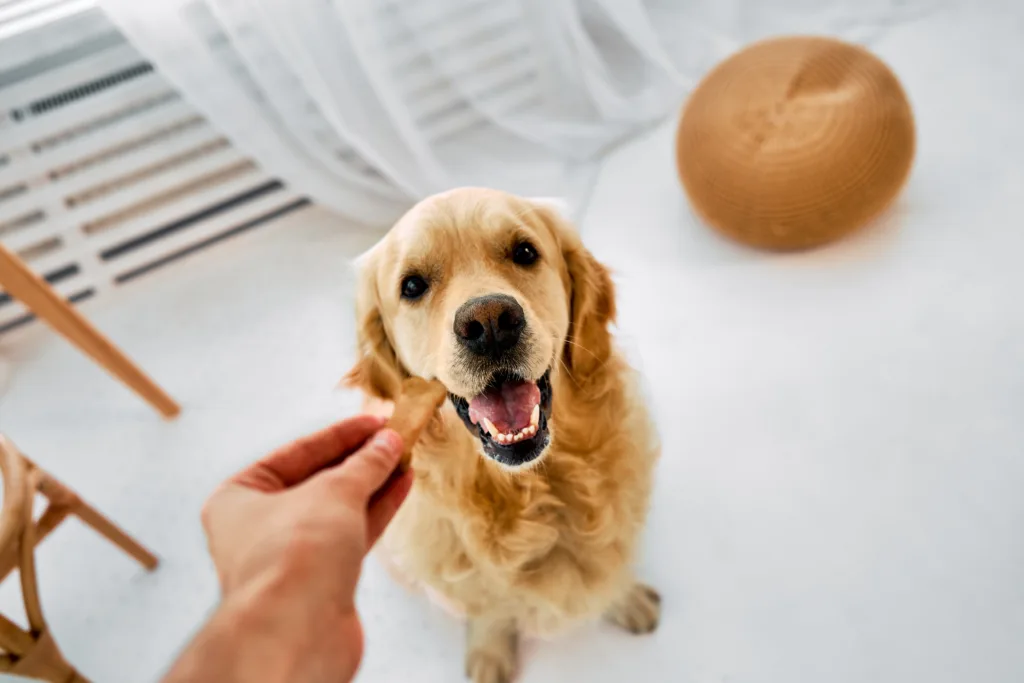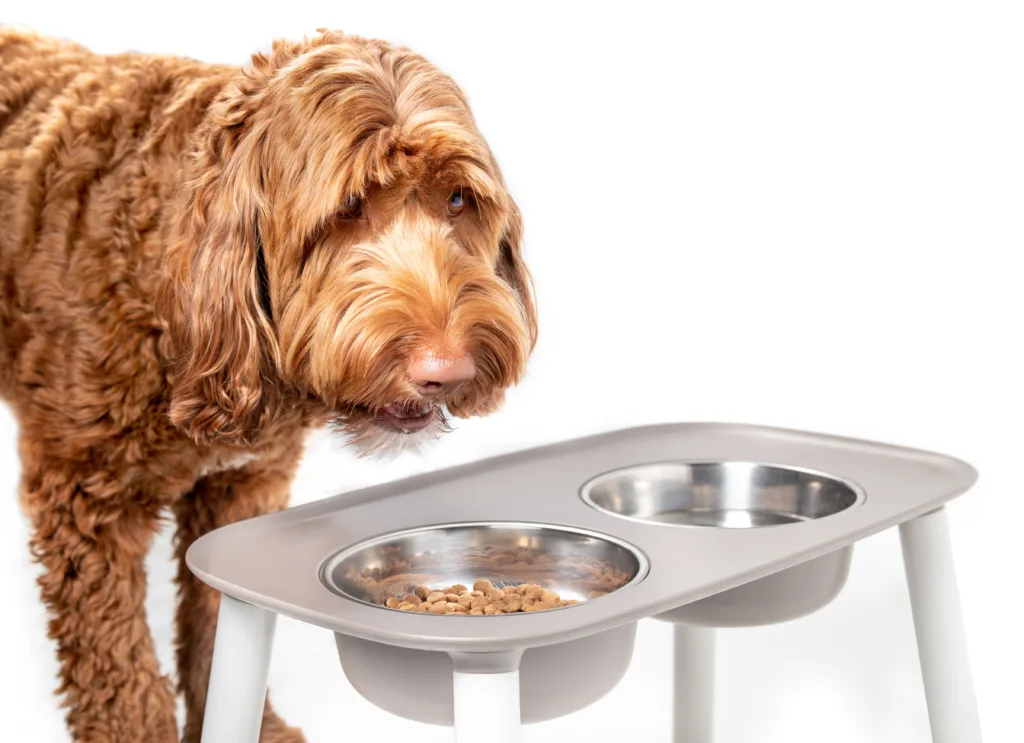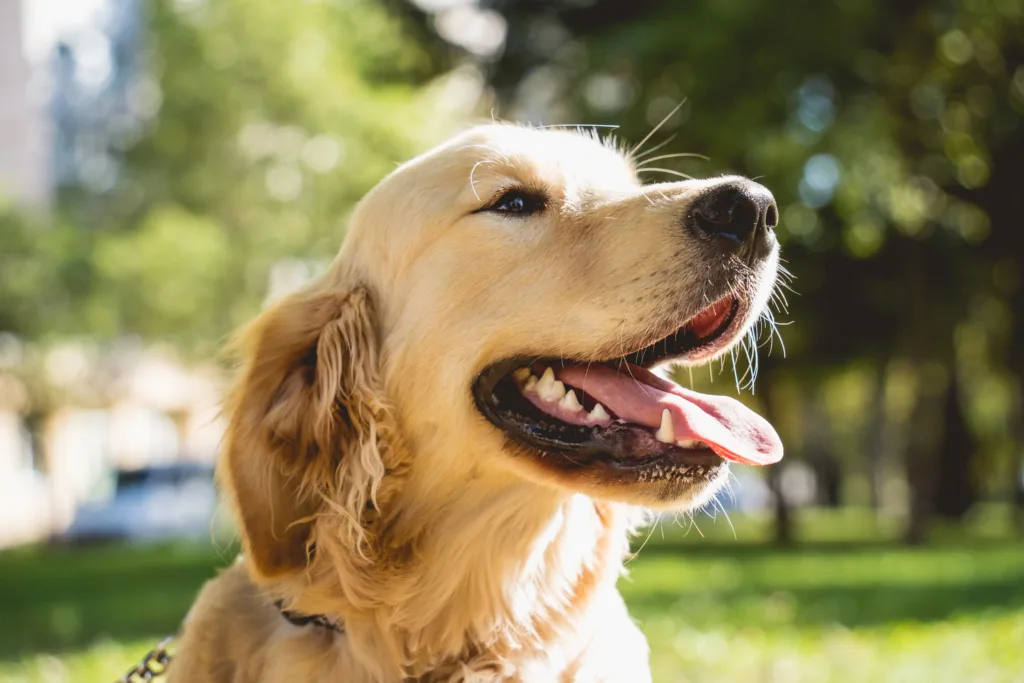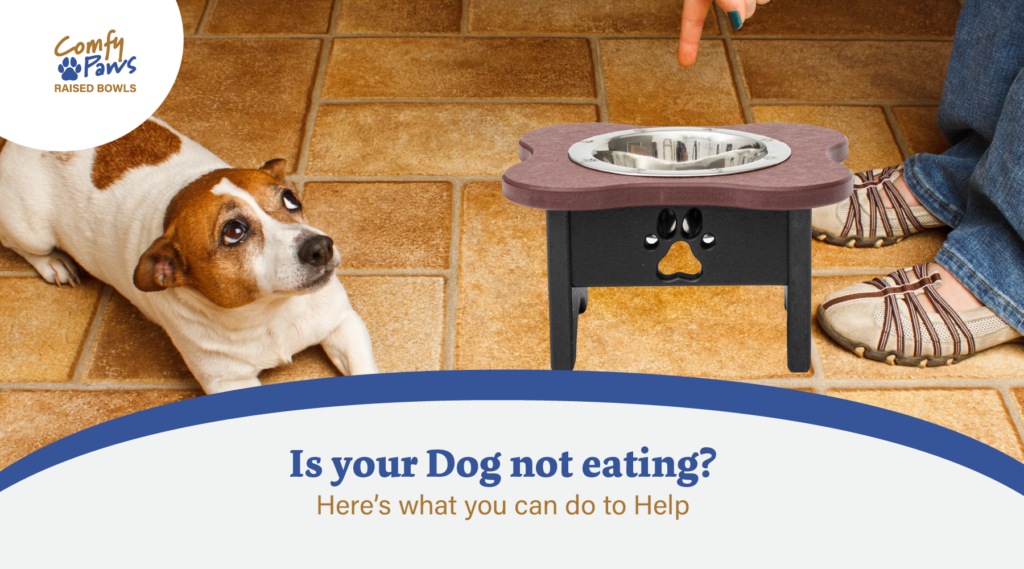Have you noticed your dog not eating?
It can be a stressful thing to deal with as a pet parent.
Here’s some reasons why your dog might not be eating, and what you can do to make sure they are getting exactly what they need!
5 Reasons Why Your Dog Won’t Eat
There are many different reasons why your pet might not be enjoying their meal. Some of these reasons are simple, and others more complex. Always remember if your pet is not eating for numerous days in a row, it is best to go see a veterinarian.
1. Distraction or Stress
Dogs can be easily distracted, especially if they are curious, active, breeds.
Is there an opportunity to play? Is there a visitor in the house? Are you pet sitting someone else’s dog? There could be a host of reasons why your pet is struggling to concentrate on their meal. Think over any new surroundings or distracting elements.
If you think there is anything causing your pet stress, consider how you can remove that distraction. Once these things settle down, your dog should be ready to dine again.
2. Too Many Snacks
While this seems obvious, sometimes it’s good to take inventory of what all your pet has been eating before their meal. Was there any special snacks or treats? Did they nibble on a tasty dog biscuit while you were enjoying your afternoon snack?
Making sure that your pet isn’t filling up on treats and is getting nutritious meals is important. If they’ve been eating too many other things, they won’t be interested in their meal.

3. Picky Eater
Some pets are picky eaters and have specific types of foods that they enjoy eating. Changing their type of pet food or mixing in a bit of canned dog food can often get them interested in their food again.
However, if your dog’s appetite has not been normal for awhile, don’t assume it’s because they’re a picky eater. Usually if it has been an extended period of time, there is another underlying reason.
4. Illness
If your pet is quieter than normal, or looks listless, it’s possible they’re dealing with illness.
It may be a passing flu bug, or it may be caused by eating something that wasn’t food. (For instance, chewing on a shoe or swallowing something that wasn’t meant for consumption.)
Usually this illness will pass quickly, but if it doesn’t, contact your veterinarian to find out what your pet might be struggling with.
5. Health Problems
This is rare, but some pets have underlying health issues that prevent them from enjoying their meals. Cancer, heart disease, kidney failure, and other chronic issues will trigger a loss of appetite.
If your pet is experiencing pain, allergic reactions, or indigestion, this may also lead to appetite loss. Getting your pet examined is a good idea if you notice that they are struggling to maintain a healthy appetite. If you have a senior dog, they may be struggling with aches and pains as they bend down to their bowl. In that case, you may want to read about the benefits of raised bowls and consider choosing one for your pet.

Tips To Help Your Pet’s Appetite
- Warm their food – the smell and aroma will make it more appealing.
- Mix in a food topper – it will add a fun twist to tempt them.
- Add some broth – to make it more appealing and digestible.
- Exercise your pet – work up their appetite!
- Try an elevated dog bowl – especially great for senior pets.
- Try a different kind of food – sometimes pets are picky.
- Talk to your vet – get an expert opinion on the matter.
We hope this helps resolve the issue of your dog not eating.




